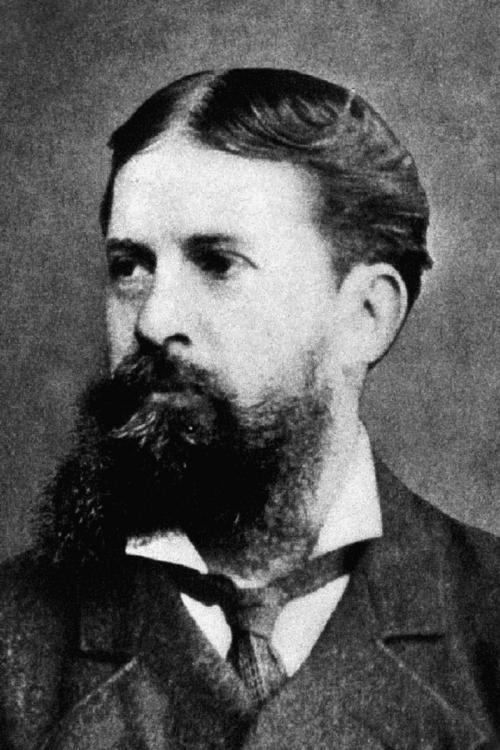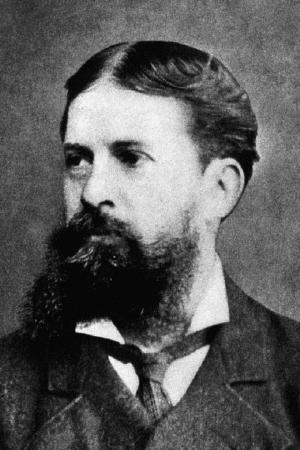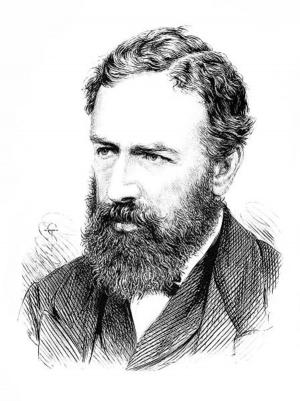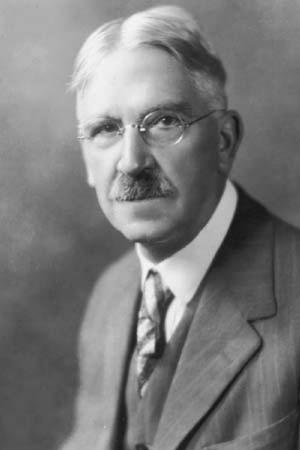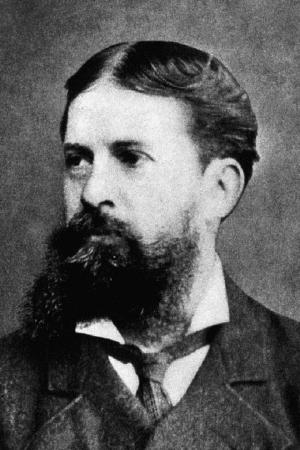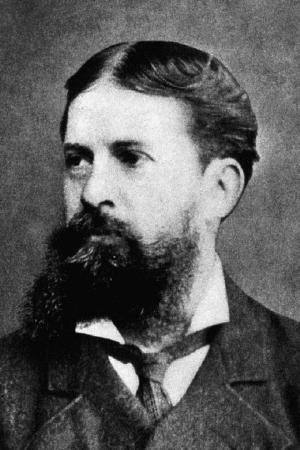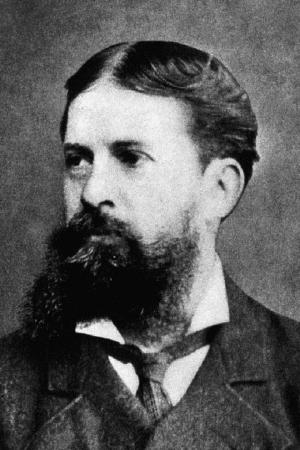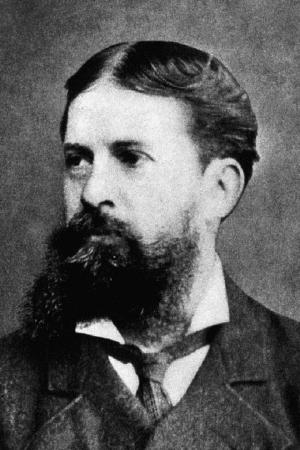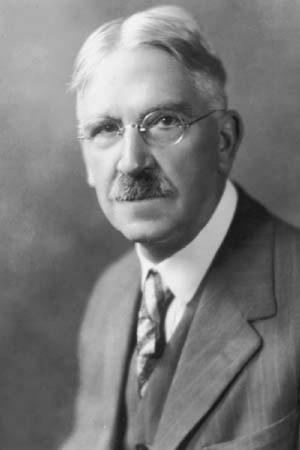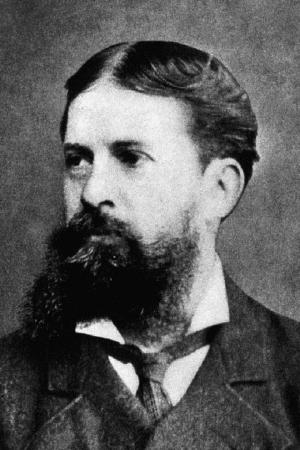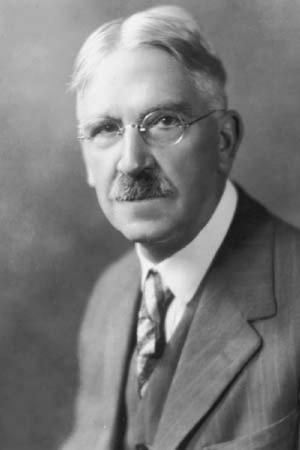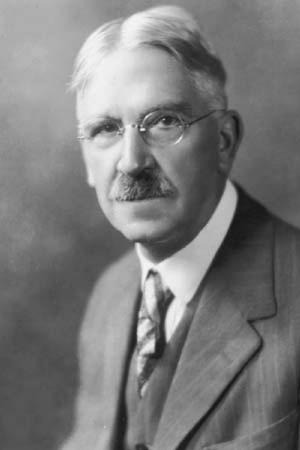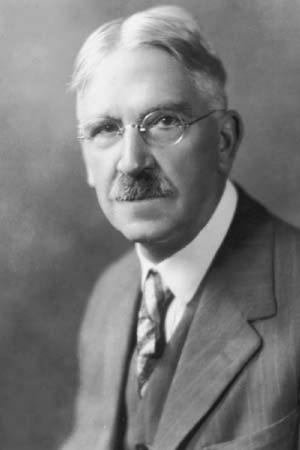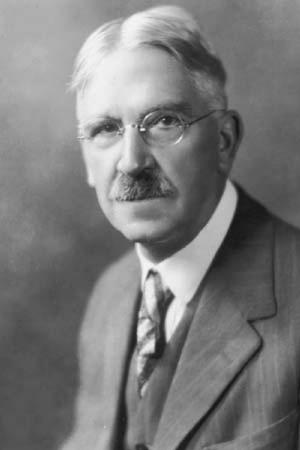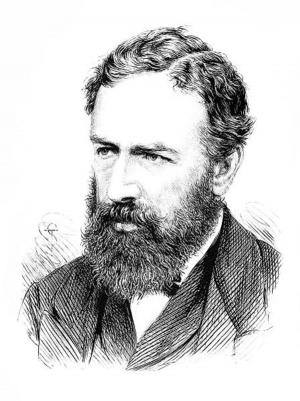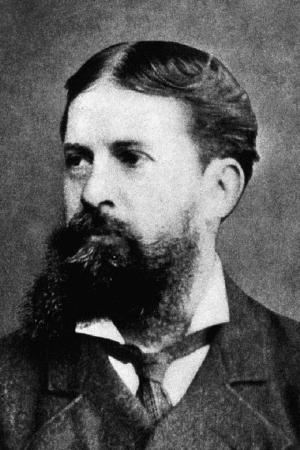| Author: | Charles Peirce, Timeless Books: Edtior | ISBN: | 1230001230338 |
| Publisher: | Timeless Books | Publication: | July 14, 2016 |
| Imprint: | Language: | English |
| Author: | Charles Peirce, Timeless Books: Edtior |
| ISBN: | 1230001230338 |
| Publisher: | Timeless Books |
| Publication: | July 14, 2016 |
| Imprint: | |
| Language: | English |
The book has an active table of contents for readers to access each chapter directly.
In 1934, Paul Weiss, an American philosopher, the founder of The Review of Metaphysics, and the Metaphysical Society of America, called Charles Peirce "the most original and versatile of American philosophers and America's greatest logician".
In 1943, Webster's Biographical Dictionary added Charles Peirce’s introduction as "now regarded as the most original thinker and greatest logician of his time."
Max Fisch, a well-known writer of identity, individuality, responsibility, morality, and political commitment, commented Charles Peirce as the follow:
“Who is the most original and the most versatile intellect that the Americas have so far produced? The answer Charles S. Peirce is uncontested, because any second would be so far behind as not to be worth nominating. He was mathematician, astronomer, chemist, geodesist, surveyor, cartographer, metrologist, spectroscopist, engineer, inventor; psychologist, philologist, lexicographer, historian of science, mathematical economist, lifelong student of medicine; book reviewer, dramatist, actor, short story writer; phenomenologist, semiotician, logician, rhetorician and metaphysician.”
Without any doubt, Charles Peirce is in the row of the best minds with Henry George, William James, Thorstein Veblen, and Ludwig Wittgenstein.
Pragmatism as a movement was originated in the early 1870s via discussions among Charles Peirce, William James, and others in the Metaphysical Club. William James, who was later regarded as one of founders of modern psychology, credited the paper THE FIXATION OF BELIEF by Peirce as foundational work to pragmatism.
In 1877, Charles Peirce published his first foundational paper to Pragmatism THE FIXATION OF BELIEF. In this paper, Peirce outlined a logical framework to address how one can justify changing one's beliefs. Charles Peirce discussed and advocated the belief-doubt model. The essential ideas presented in this book still have impact today on discussion theorists, epistemologists, natural philosophers, computer scientists, and cognitive psychologists.
This is a must-read book to understand the foundational thought of Pragmatism, Logic and Psychology by Charles Peirce, one of the greatest philosophers and logicians in the world.
The book has an active table of contents for readers to access each chapter directly.
In 1934, Paul Weiss, an American philosopher, the founder of The Review of Metaphysics, and the Metaphysical Society of America, called Charles Peirce "the most original and versatile of American philosophers and America's greatest logician".
In 1943, Webster's Biographical Dictionary added Charles Peirce’s introduction as "now regarded as the most original thinker and greatest logician of his time."
Max Fisch, a well-known writer of identity, individuality, responsibility, morality, and political commitment, commented Charles Peirce as the follow:
“Who is the most original and the most versatile intellect that the Americas have so far produced? The answer Charles S. Peirce is uncontested, because any second would be so far behind as not to be worth nominating. He was mathematician, astronomer, chemist, geodesist, surveyor, cartographer, metrologist, spectroscopist, engineer, inventor; psychologist, philologist, lexicographer, historian of science, mathematical economist, lifelong student of medicine; book reviewer, dramatist, actor, short story writer; phenomenologist, semiotician, logician, rhetorician and metaphysician.”
Without any doubt, Charles Peirce is in the row of the best minds with Henry George, William James, Thorstein Veblen, and Ludwig Wittgenstein.
Pragmatism as a movement was originated in the early 1870s via discussions among Charles Peirce, William James, and others in the Metaphysical Club. William James, who was later regarded as one of founders of modern psychology, credited the paper THE FIXATION OF BELIEF by Peirce as foundational work to pragmatism.
In 1877, Charles Peirce published his first foundational paper to Pragmatism THE FIXATION OF BELIEF. In this paper, Peirce outlined a logical framework to address how one can justify changing one's beliefs. Charles Peirce discussed and advocated the belief-doubt model. The essential ideas presented in this book still have impact today on discussion theorists, epistemologists, natural philosophers, computer scientists, and cognitive psychologists.
This is a must-read book to understand the foundational thought of Pragmatism, Logic and Psychology by Charles Peirce, one of the greatest philosophers and logicians in the world.
